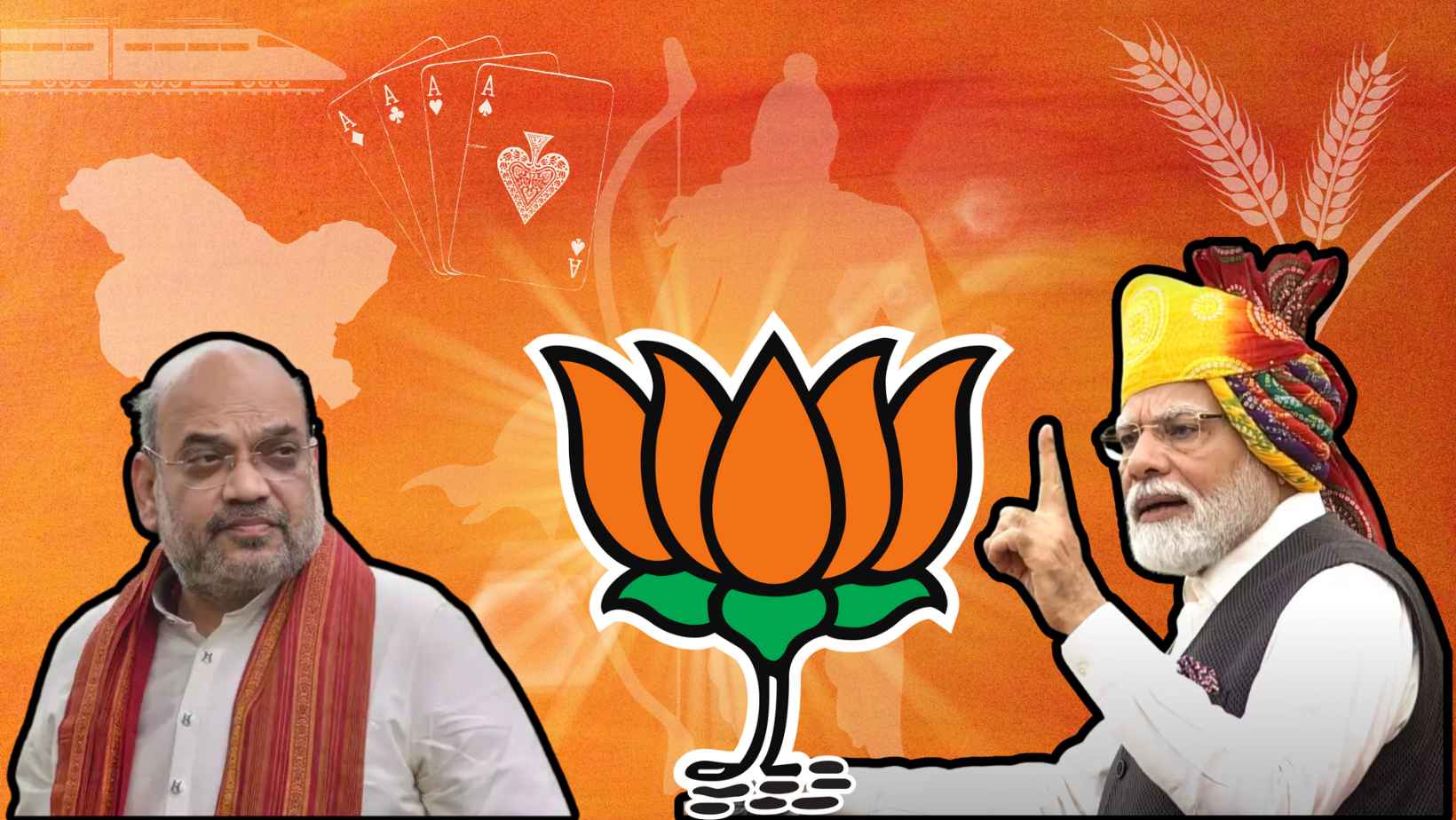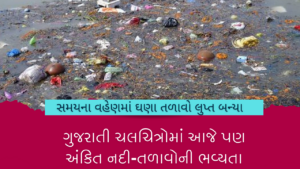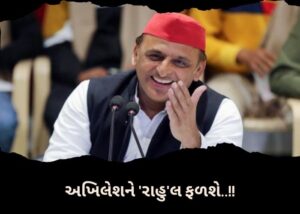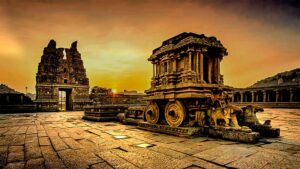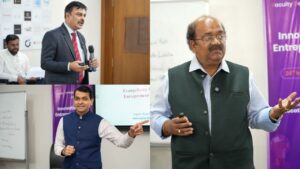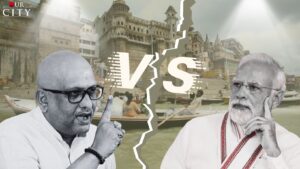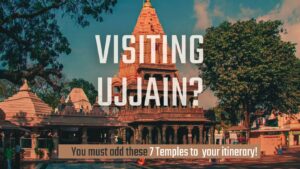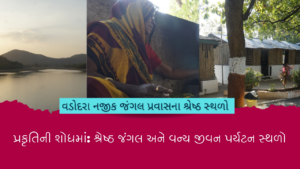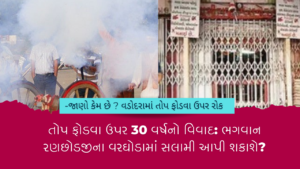Do you think the BJP will win the majority of seats?
We always say, that the cards they play, help them gain victory. As a matter of fact, politics also seems like a card game, and this time BJP is playing the card games to punch in their victory in the Lok Sabha Elections 2024.
As we near the dates for the Lok Sabha Elections, we wonder what will be the result, especially when everybody is opening up their Pandora’s boxes. Here are a few cards Bhartiya Janata Party has played to ensure their victory in this Lok Sabha Elections:
The Ayodhya Card:
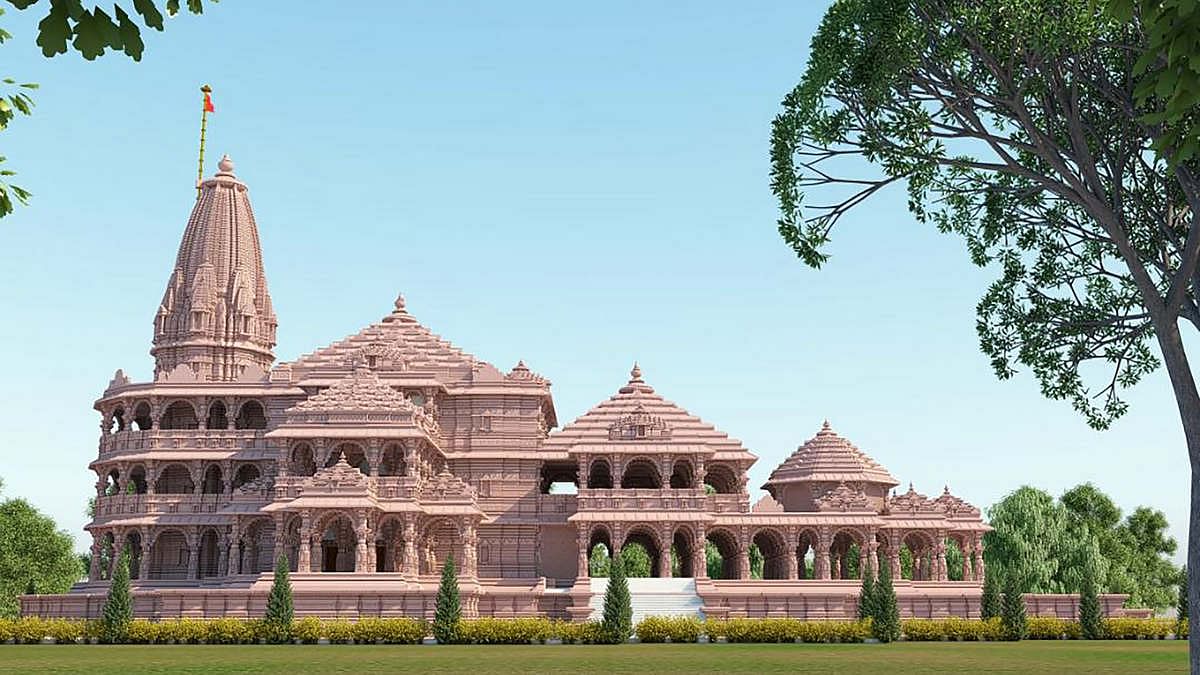
Of course, we can say, that the Hindu card is played by the BJP since the Congress plays the minority card. Ayodhya has been a topic of controversy and discussion for decades and hence what we can conclude is Ayodhya known for its cultural and religious significance. The city gained prominence with the Babri Masjid-Ram Janmabhoomi dispute, leading to a historic Supreme Court verdict in 2019, paving the way for the construction of a Ram Temple at the disputed site.
In November 2019, the Supreme Court of India delivered a historic verdict on the Ayodhya dispute, allowing the construction of a Ram Temple at the disputed site and allocating an alternative plot for the construction of a mosque. The BJP, which had been advocating for the construction of a Ram Temple in Ayodhya, welcomed the court’s decision. The under-construction Ram Mandir is set to be inaugurated on 22nd January, and for sure BJP has created a ‘HYPE’ nationwide. The people have been booking tickets to visit this sacred temple, and have been sending great gifts to the temple, be it a grand incense stick or a grand diya. Every Hindu individual is chanting ‘Jai Shree Ram’!
The Kashmir Card:
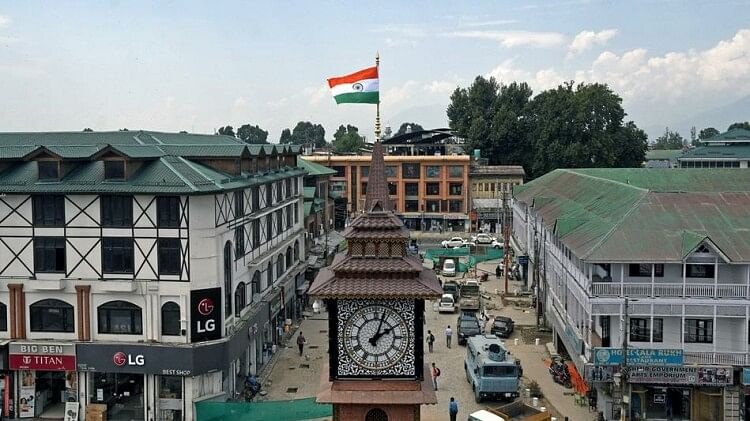
The long-standing issue of Kashmir since 1950, was brought to an end. The Lal Chowk in Srinagar had seen bloodshed only since independence, saw people of Gujarat doing Garba with all smiling faces in 2023. The Modi government took a significant step by abrogating Article 370, providing special status to Jammu and Kashmir. The proposal aimed to bifurcate the state into two union territories, Jammu and Kashmir, and Ladakh. Home Minister Amit Shah, moving the resolution, declared the cessation of all clauses of Article 370 from August 5, 2019. This decision resulted in the removal of restrictions on property purchases for non-residents, and state government jobs and certain college seats were no longer exclusively reserved for residents of Jammu and Kashmir. Even so much, so that some national and international media also reported that Pakistani media has covered the people of Pakistan Occupied Kashmir demanding to merge with the Indian Kashmir.
The Kisan Card:

Although the attempt to introduce the Kisan Bill was made, ultimately, the BJP-led government had to repeal the laws. The 2020–2021 Indian farmers’ protest opposed three farm laws, labeled “anti-farmer” by unions and opposition. Protests demanded a minimum support price (MSP) bill, alleging corporate control over prices. The government argued for direct sales to buyers. The movement intensified with the “Dilli Chalo” march, facing police resistance. Talks proved inconclusive, and the Supreme Court upheld the laws in January 2021. The government alleged foreign interference, and the Republic Day tractor parade led to clashes. On November 19, 2021, the government decided to repeal the laws, passed on November 29. Farmer unions persisted, demanding MSP guarantees and income doubling.
However, there was disaster management by the BJP by introducing various schemes oriented towards the farmers of India. One of which was the Pradhan Mantri Atmanirbhar Bharat Abhiyan (ABHA) launched in 2020 is a national mission aimed at achieving self-reliance in agriculture and food production. Focusing on crop diversification, productivity enhancement, and value addition, ABHA has successfully elevated farmers’ income, alleviated financial burdens, and promoted sustainable agricultural practices.
The Bullet Train Card:

The Mumbai–Ahmedabad High-Speed Rail Corridor (MAHSR) is India’s inaugural high-speed rail line, connecting Mumbai and Ahmedabad. Originally scheduled for completion by December 2023, delays in land acquisition in Maharashtra make the overall timeline uncertain. The 352 km Gujarat section is set to open fully in 2027, with a 50 km stretch from Surat to Bilimora inaugurated in August 2026. Proposed in 2009, the corridor faced budget constraints, leading to the exclusion of the Mumbai–Pune section in 2013. A joint feasibility study with Japan, completed in 2015, laid the groundwork for the project’s subsequent development.
However, the project received revelation from the land acquirers in Gujarat and Maharashtra state. The project has acquired 100% land and is all set to rigorously work on the project. Financed by Japan, the government aims for the first phase between Surat and Bilimora by 2026.
The Pandemic Card:
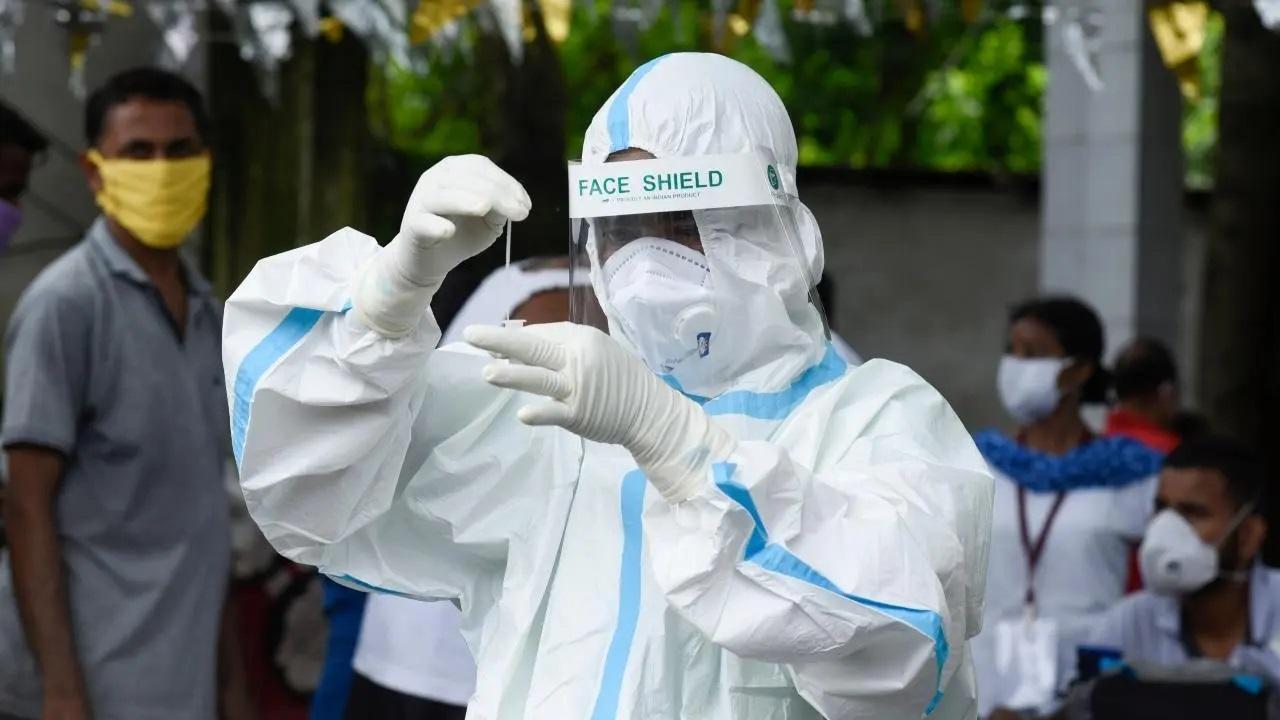
If there were the ratings and listings of the cards, this card would have been the most premium, platinum version of the cards, or to say the ‘Ace: Hukkum Ka Ikka’. There are several pointers this can be a different article altogether, but to sum up, just like it was summed up in ‘The Vaccine War’ film scene.
India commenced its COVID-19 vaccination campaign on January 16, 2021. As of March 4, 2023, the country has administered over 2.2 billion doses, encompassing first, second, and precautionary (booster) doses of approved vaccines. Approximately 95% of the eligible population (12+) has received at least one shot, with 88% fully vaccinated. Initially approving Oxford–AstraZeneca’s Covishield and Bharat Biotech’s Covaxin, India later introduced vaccines like Sputnik V, Moderna, Johnson & Johnson, and locally developed ZyCoV-D. The Lancet’s June 2022 study highlights India’s robust COVID-19 vaccination efforts.
Although we all agree, there were many loopholes, the spirit of Indians was raised since the Janta Curfew, lockdown by PM Narendra Modi by thali, or by lighting diyas to provide aid and medical equipment during the deadliest second wave of COVID-19.
There were many other battles, which were conquered by the BJP with the state assembly election losses, or the Manipur case, CAA, or any other socially oriented cases. But the main, purpose is to check the weaponry of the Bhartiya Janata Party and see what weapons they have kept ready to tackle the Lok Sabha Elections of 2024.
PS: This is just an analytical study of the Bhartiya Janata Party, amidst the Lok Sabha Election, with no intention of promoting or demoting any political/religious ideology.

